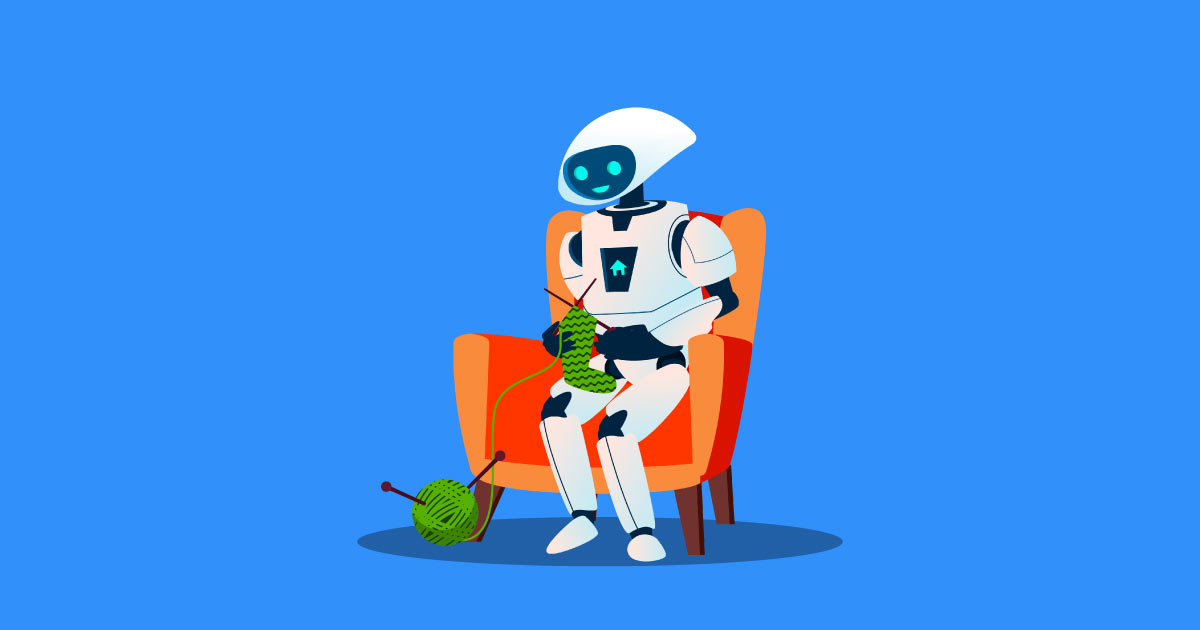Can GenAI Organise The Unorganised Web?
GenAI is stepping in where third-party cookies left off helping advertisers target audiences more precisely, with better ROI and a privacy-first mindset.
What to Read Next
- Martechvibe Launches the Marquee Awards to Celebrate Breakthrough Digital Campaigns
- Top Marketers 4X More Likely to Use AI, Consolidate Tech
- Roku and iSpot Bring Outcome-Based Optimisation to Streaming
- PMG Expands Influencer Marketing Capabilities with Acquisition of Digital Voices
- PayPal Ads Launches Transaction Graph Insights & Measurement

The industry has now had some time to come to terms with Google’s decision to reverse its longstanding plan to phase out third-party cookies within its Chrome browser. This didn’t come as a massive shock considering the recent scrutiny surrounding Google’s ad business, but the decision is still significant.
In theory, the industry has one less thing to worry about. The uncertainty of cookie deprecation has been removed, and the industry can go back to “normal.” However, in reality, advertisers, agencies, and technology partners alike are waiting to see how future planning will be affected.
Cookies may still exist, but their role in delivering relevant ads has diminished, and artificial intelligence (AI) has stepped in to fill that gap.
In fact, AI has been rewriting the rules of digital advertising throughout the third-party cookie “will they, won’t they” saga. The technology is helping advertisers do more than cookies ever could, and better understand audiences in a way that’s not only innovative and scalable, but also privacy-first.
The Generation Game
Generative AI (GenAI), in particular, has revolutionised the way advertisers connect with users on the web. Everybody is familiar with the technology’s ability to generate creatives, but knowledge of its function as a targeting tool is slightly more limited.
Using GenAI, advertisers can more precisely target the users they are interested in reaching, eliminating the need to rely on cookie-attached third-party data. And in doing so, it means they can achieve a higher return on investment —a win-win in the current challenging market.
Consider a car manufacturer seeking to increase brand consideration and enhance the efficiency of targeting to drive traffic, for example. It can utilise AI-created audiences as an effective tool to drastically lower Cost Per Lead (CPL) compared to typical contextual targeting.
AI has more power than that, though. With or without third-party cookies, the future of digital advertising should be built on respecting user privacy. Indeed, recent PrimeAudience research uncovered that 95% of marketers view user privacy as “influential” to their advertising strategy decisions.
GenAI addresses this desire to put the consumer first. However, it also offers a solution to several of the other obstacles facing advertisers in achieving their privacy-first ambitions. In fact, the research also found that 64% of marketers find higher advertising costs challenging to their privacy-first goals.
Unlike traditional contextual, GenAI dives into the true meaning of the content, rather than relying solely on keywords and phrases and/or parts of the URL. With a better understanding of what’s on the page, it can build more intelligent audience segments and avoid unnecessarily blocking content that has been mistaken as being unsafe. For example, articles featuring recipes that involve the use of knives will no longer be automatically blacklisted.
As a result, advertisers can target users with more personalised ads tailored to their specific needs, wherever they are on the web. This enhanced understanding of the consumer leads to a better user experience, resulting in higher customer satisfaction levels. For advertisers, this means improved ROI and, ultimately, a revenue boost.
Creating a Better Digital Advertising Landscape
Although only a few of the largest companies in the market can create their own LLMs, the considerable room for innovation is around the broader ecosystem of applying LLMs to specific use cases. There’s no reason to be reliant on just a few companies for the answers – after all, not all PC apps are owned by the operating system owner – Microsoft. By looking beyond big tech, advertisers can find relevant audiences to unlock the full potential of their campaigns.
Several companies offer great tools powered by AI, and marketers should explore these options to determine which ones work best for them.
AI technology is key to bringing together the fragmented, unorganised open web, opening up the opportunity to reach every user with relevant advertising. It’s time to leverage GenAI to create a better ecosystem for all.
ALSO READ: AI as the UA Optimiser: Smarter Targeting, Faster Iteration









































































































